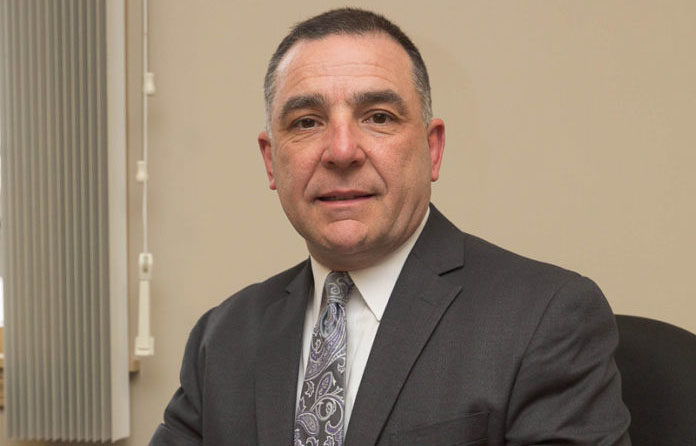Anthony Botelho is president of the Rhode Island Bankers Association.
Botelho was one of the voices featured in last week’s cover story about Rhode Island banks and the state’s unbanked and underbanked populations, meaning individuals and families without bank accounts, or those who use alternative financial services, such as payday lending, check cashing and money orders.
Botelho expands on some of the points made in the story, and talks about some of the overarching trends in Rhode Island and the country.
PBN: What products and services do banks typically offer unbanked and underbanked populations?
BOTELHO: Banks typically provide no-fee, low-opening deposit requirements and alternative identification requirements that meet regulatory minimums and are reasonably providable by consumers. We typically don’t define clients as “unbanked” or “underbanked,” but rather prefer to segment certain clients or prospects as simply “untapped potential clients.” We work hard at reaching all segments and educate those who may be lacking in financial literacy.
PBN: What barriers exist in dealing with these demographics?
BOTELHO: The most challenging barriers that exist today with dealing with these demographics are residency status and lack of proper identification. Banks continue to strive to educate all consumers via various programs to assist them in understanding and complying with certain requirements, which include the proper ID requirements.
PBN: An increasing number of Rhode Islanders are using prepaid cards as an alternative to traditional checking or savings accounts. Do banks see these services as competition? Why or why not?
BOTELHO: Banks generally do not look at “prepaid cards” as a direct competitor product set. Generally, banks are looking to establish and build relationships with clients. Prepaid cards are transactional in nature and are not considered a key product set within a banking relationship.
PBN: Are banks focusing more on fee-based business, such as wealth management, and does that shift move focus away from the unbanked and underbanked?
BOTELHO: Banks have historically been engaged in many products and services for years. Wealth management is one of those services that is part of the relationship building that I mentioned earlier and has been a product-service offered for decades. Banks are looking to service all segments of the socioeconomic spectrum in their respective markets and across a wide demographic customer base. The wealth-management market segment is accretive to banks’ viability, which in turn ultimately assists banks to offer low-cost alternatives to the untapped potential client community.
PBN: What could banks do better to serve the unbanked and underbanked?
BOTELHO: My experience within the banking circles, and most recently as president of the Rhode Island Bankers Association, stretches over a 33-year timeline. Over that period, I would argue that banks generally work hard at reaching all socioeconomic segments of the communities we service and that technology and access to banking is readily accessible to all. However, there needs to continue to be a concerted effort by both the private (including banks) and public sector in “financial literacy” efforts that will reach all individuals who have an interest in establishing banking relationships throughout the state and region. I would hope we can reach young children, adolescents and young adults during the formative years that will assist them in lifelong financial pursuits.
Eli Sherman is a PBN staff writer.













